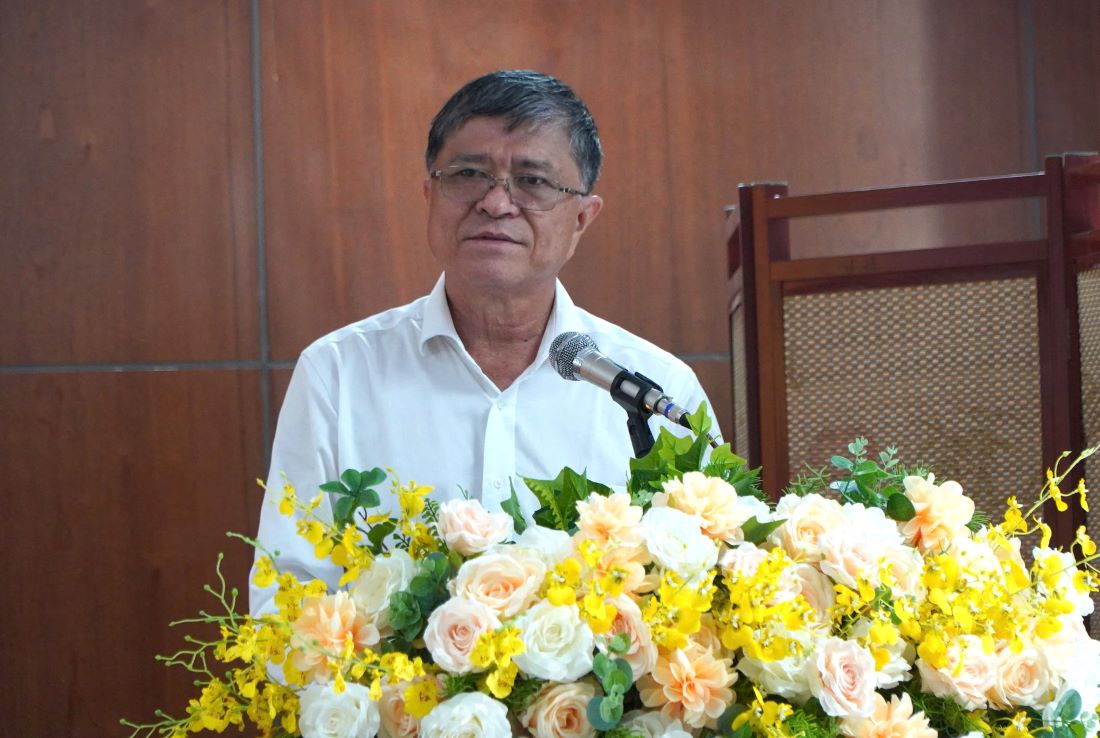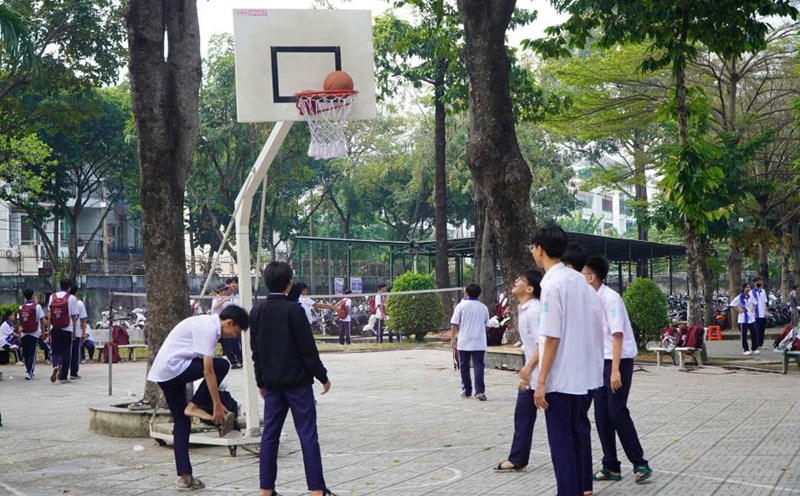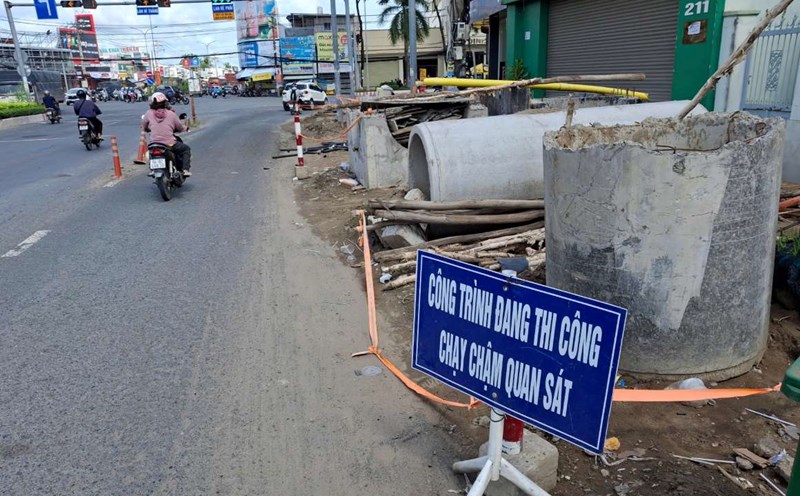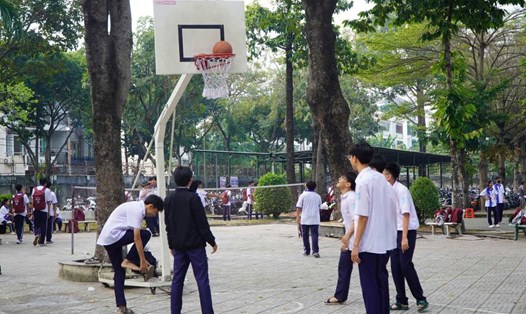The information is stated in the Draft Plan to implement the limitation of the use of phones and electronic devices during recess at educational institutions in Ho Chi Minh City announced at the conference on the use of phones in schools organized by the Department of Education and Training of Ho Chi Minh City on September 18.
According to the draft, the plan will have 2 phases. Phase 1: Piloting at 16 schools from October 2025 to the end of the first semester of the 2025-2026 school year.
Phase 2: Expanding and officially applying it simultaneously at all general education institutions in the city from January 2026.
Sharing at the workshop, Mr. Nguyen Van Hieu - Director of the Department of Education and Training (DET) of Ho Chi Minh City said that smartphones are both beneficial for students and pose many potential risks if there is no orientation.

Mr. Hieu shared: "In the context of scientific and technological development, mobile phones have become a part of life. Even students are in great need of this device to communicate with their parents and support their studies. However, if used uncontrollably, the phone can cause dependence and negatively affect the development of children".
According to him, in fact, there have been many cases of students being scammed online in recent times. With just simple tricks, bad guys have penetrated the personal information of students and families. Some students are lured to dangerous locations, even leaving the area, becoming victims of criminal networks. Some cases were detected and rescued by the police in time, but there were also cases that left heartbreaking consequences.
To prevent this, many schools have applied different measures: from propaganda, coordinating parents to disciplining students. However, Mr. Hieu said that each school has different conditions and methods of doing things, and the effectiveness is not uniform.
"The Department's viewpoint is not to absolutely prohibit students from bringing phones to school. However, phones should only serve essential needs, support learning, and communication when needed. We should not be too camorious, but must orient them to proactively use them reasonably, safely, and without dependence," Mr. Hieu emphasized.










